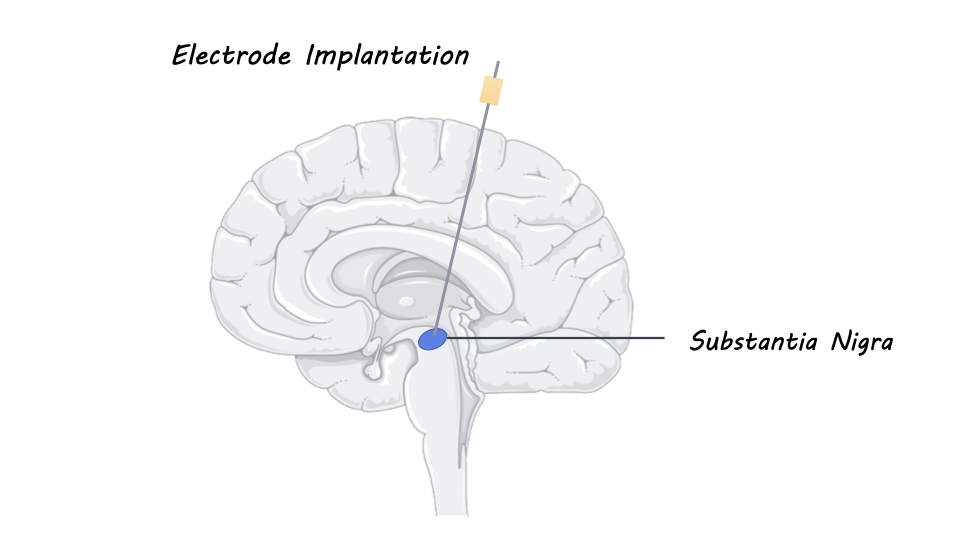The Complementary Roles of Dopamine and Serotonin in Decision-Making
Post by Shireen Parimoo
The takeaway
People are more likely to reject unfair monetary offers when they come from humans compared to computers. In the brain, serotonin levels are sensitive to the value of the offer itself while dopamine levels are sensitive to the change in the offer value from the previous trial as well as to the social agent providing the offer.
What's the science?
Neuromodulators play an important role in guiding behavior and decision-making. Dopamine, for example, is known to be important for reward-based processing. Pharmacological studies have provided insight into the causal role of neuromodulators like dopamine and serotonin in various social contexts. However, it is difficult to study the mechanisms through which they act because non-invasive brain imaging techniques like fMRI are limited in their spatial and temporal resolution. When given a drug that increases serotonin levels in the brain, for example, it is difficult to pinpoint precisely where and how long it takes for it to act in the brain. This week in Nature Human Behavior, Batten and colleagues used deep brain electrode recordings to monitor neuromodulator fluctuations in a region of the brainstem called the substantia nigra to understand the roles of dopamine and serotonin during social decision-making.
How did they do it?
The authors recruited four patients with Parkinson’s disease who played the ultimatum game while undergoing brain surgery across two sessions. For clinical purposes, the patients had electrodes implanted into the substantia nigra pars reticulata, which receives both dopaminergic and serotonergic inputs from other regions of the brain. Using a statistical model (convolutional neural network) applied to the electrochemical currents recorded from the electrodes, and knowledge of how dopamine and serotonin concentrations typically change this signal, the researchers were able to estimate changes in these neuromodulators with high temporal precision.
The ultimatum game is a social fairness game in which participants are offered a certain split of a monetary amount (e.g., 40% of $20). If they choose to accept the offer, then the money is split accordingly (i.e., the participant receives $8) but if they reject the offer, then no one receives any money. Participants played against the computer player that either had a human or a computer avatar and made offers valued between $1-9 that participants could accept or reject. The authors examined whether participants were more or less likely to accept the offers based on the value of the offer, human vs. computer avatar condition, and offer history, which is the change in the value of the offer from the previous trial. They also investigated how dopamine and serotonin levels fluctuated after they were given an offer. Specifically, neuromodulator levels were examined with respect to participants’ decisions, the offer values, offer history, and across the two avatar conditions.
What did they find?
Participants were more likely to accept larger offers (i.e., $9 vs $3 offer) and offers made by the computer avatar but offer history did not affect their decision to accept or reject the offer. Participants also took longer to reject than to accept offers overall. Neither dopamine nor serotonin levels were altered by the decision to accept or reject an offer, but dopamine increased when the offer came from the human avatar compared to the computer avatar. This suggests that dopamine tracks social context (i.e., avatar condition) but not necessarily the decision itself. Dopamine was also sensitive to offer history, as it decreased when the value of the offer dropped but increased when the offer value increased. Serotonin, on the other hand, was sensitive to the value of the offer itself, but not to offer history. That is, serotonin levels were higher when the offers were high and lower in response to lower offers. Altogether, these findings show that serotonin is involved in value-based processing while dopamine is important for social context and for tracking the change in offer value across trials.
What's the impact?
This study is the first to use electrochemistry in the awake human brain to demonstrate the differential roles of dopamine and serotonin in value-based processing in a social context. This study not only advances our understanding of neuromodulators in decision-making processes but also showcases the utility of electrochemistry as an exciting new method for human neuroscience research.

